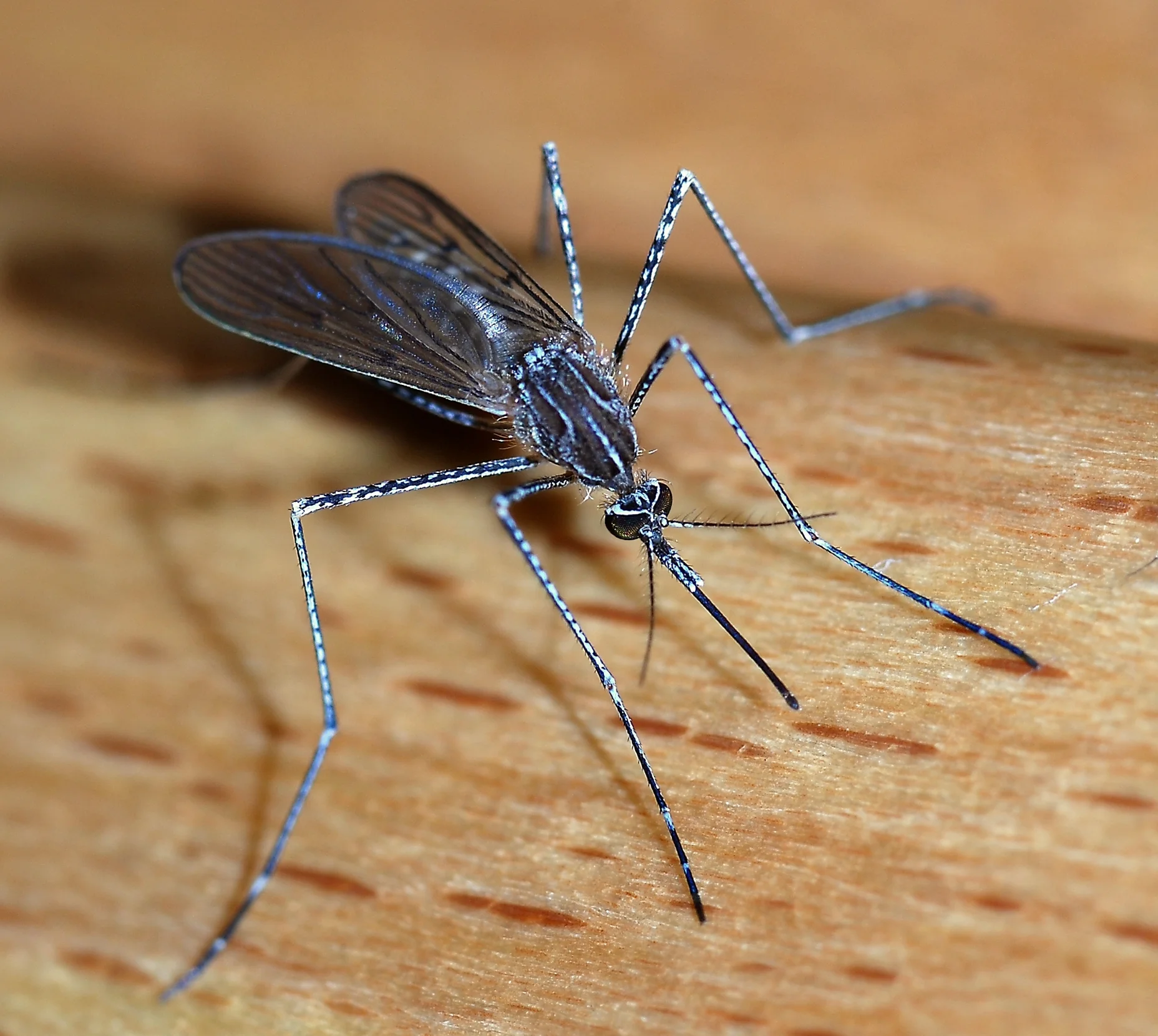Ants will always find their way into your home as they forage for food. This doesn't mean you have an infestation of ants or that a colony is nearby though. Ants roam from sun up to sun down in search of what they need to survive. Sometimes they may cross into your home and never return unless that is... you leave something for them behind.
Ants, big or small, will enter your house through the tiniest of crack and crevices. No home is completely safe from them! Even with monthly pest prevention, ants may end up breaching your home’s professional pest barrier. Pest control experts agree that to date, there is no one single explanation for ants entering the home showing little to no effects from pesticide applications. Until further research can explain how ants are capable of this feat here are some of the more common needs of ants that may bring them into your house on what many professional consider a suicide mission.
Ants are fascinating creatures - they live in colonies continuously overcoming and adapting themselves to all environments. Ants - regardless of species - do not interfere with other nearby ant colonies. Like shepherds tending sheep, black carpenter ants will herd aphids protecting them from rain and harsh weather. This is because the ants feed on their feces, which is very sweet and commonly called honeydew. Aphids, if let go, may cause certain plant species in your garden to turn black with a sooty-like substance on the leaves. This is the honeydew. The carpenter ants collect and feed off of this sooty mess keeping plants clean and free of any soot-like feces. The aphids and ants together perform a symbiotic relationship to benefit you, your garden and nature itself. Ant mounds in your garden should be considered a blessing since they aerate the soil for your plants to grow well.
So, why am I telling you all this?
Well... because I want you to have a clear understanding of what you are up against when it comes to ants entering your home. In the garden, you may not want to disturb ants as they continue protecting the natural environment around your home. But, when they breach your personal threshold and begin scurrying around your countertops and kitchen floors then, it may be time to call your bug guy back.
First, don't get mad at him or her thinking they didn't do their job. This isn't the case most likely. Your pest professional will be the first to tell you that ants have the ability to accomplish this. Before anything can be applied for the control of ants, your professional must consider several things. First, the type of ant must be considered, then, the location of the colony in relation to the area of their activity. Where ants are currently active inside the home is another aspect of ant control that must be considered. Do you have children or pets? Once these aspects are thoughtfully considered it is then, and only then, a solution may be applied. Sometimes ants feed on sugary foods while other times during the year these same colonies may need protein-based foods. Some ants are called sweet-feeding because they are commonly found in the kitchen only foraging for water and sugar left behind on floors and counters.
Professionals must incorporate several types of control. Exclusion, baiting, granular, and liquid applications may all be needed at different times to fully eradicate an ant colony. If you do not have a professional service for ants then there are a few things you can consider at home and try yourself. DIY ant control is possible.
Preventing Ants In Your Home
You can follow three simple rules in DIY ant control.
- Keep your kitchen, pantry and cabinets clean at all times.
- Clean up any spills immediately
- Keep your floors and countertops free of food debris especially sugary foods.








